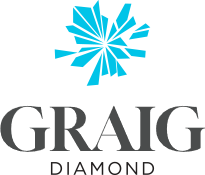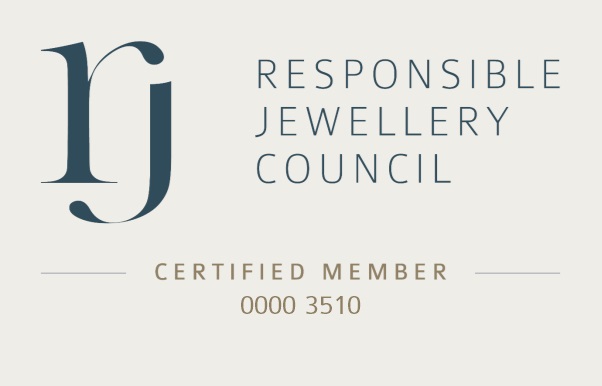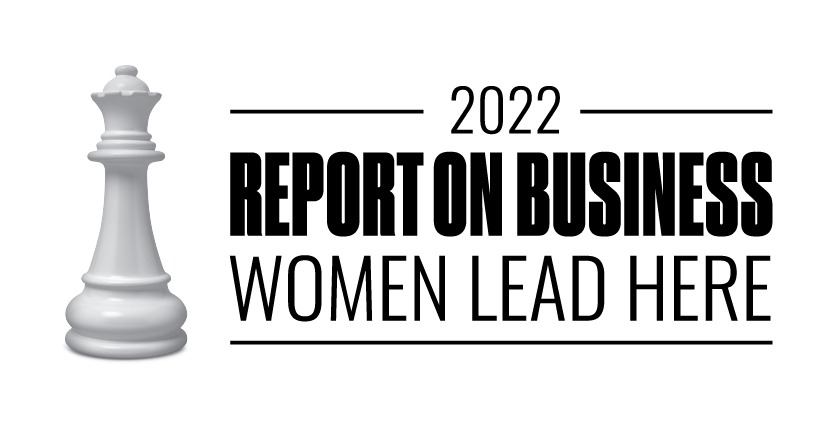We continue to build a leading and responsible African-focused diamond production and development company. We have adopted and apply solid international corporate governance principles aligned with our values, and the requirements of publicly listed mining companies.
In February 2018, we became a Participant of the United Nations Global Compact to demonstrate our commitment to implement, disclose and promote its principles of human rights, labour, anti-corruption and environmental responsibility.
Our Code of Business Conduct and Ethics sets our guiding principles for responsible and ethical behaviour that Graig and its subsidiaries expect from their directors, officers, employees and contractors. The Code covers sixteen subject areas including compliance, business and financial transactions, human rights & harassment, conflicts of interest, confidentiality, fair compensation, financial reporting and the whistleblower policy. Ultimate responsibility for human rights rests with our board.
UN GC Principles
Principle 10: Businesses should work against corruption in all its forms, including extortion and bribery.
We comply with the Kimberley Process and Canada’s Extractive Sector Transparency Measures Act (ESTMA). We are certified under the Responsible Jewellery Council Code of Practices and signatory to the UN Global Compact promoting universal principles on human rights, labour, environment and anti-corruption.

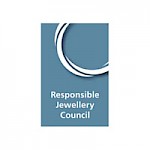
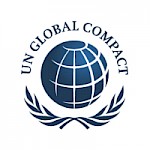
Corporate responsibility is central to our strategic and operational thinking. We cannot sustain good financial and operational performance without simultaneously achieving our objectives in health and safety, environmental stewardship, human resource development, and community investment. We believe our transparent approach to doing business is the only way to fully engage our stakeholders in a meaningful and mutually beneficial relationship.
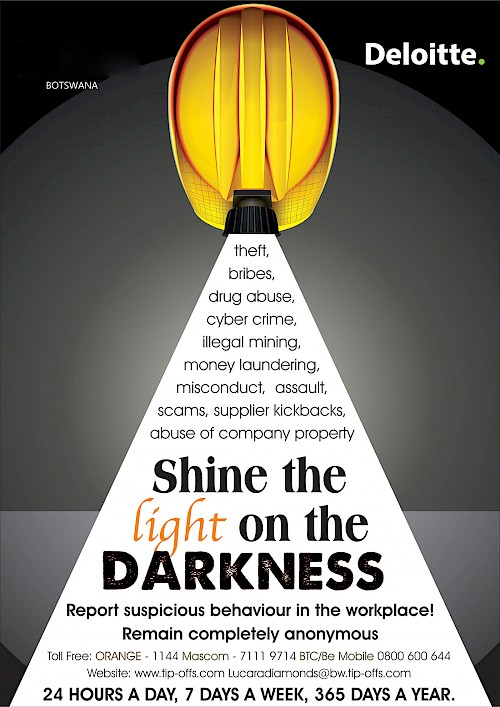 Whistleblower Policy
Whistleblower Policy
Our Whistleblower Policy allows anyone, including employees of Graig or its subsidiaries, to submit any concerns in confidence or anonymously. All reports, including an independently monitored “tip-off” line in Botswana, are assessed by the Audit Committee, which recommends corrective and/or disciplinary actions to the Board, if appropriate.
